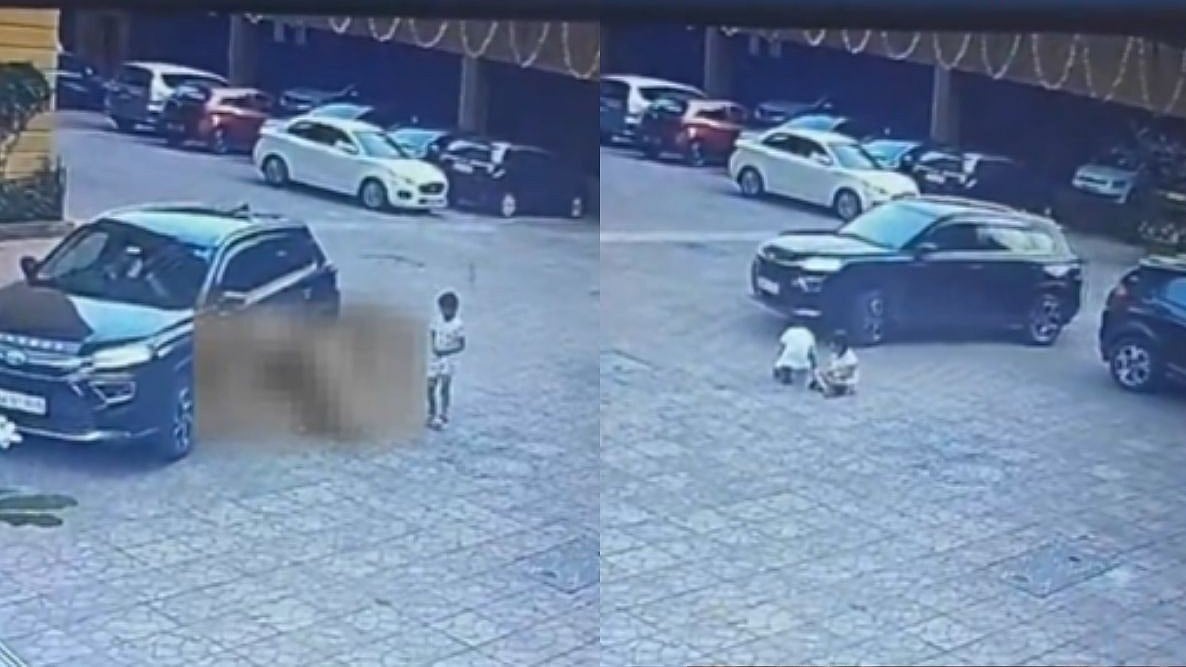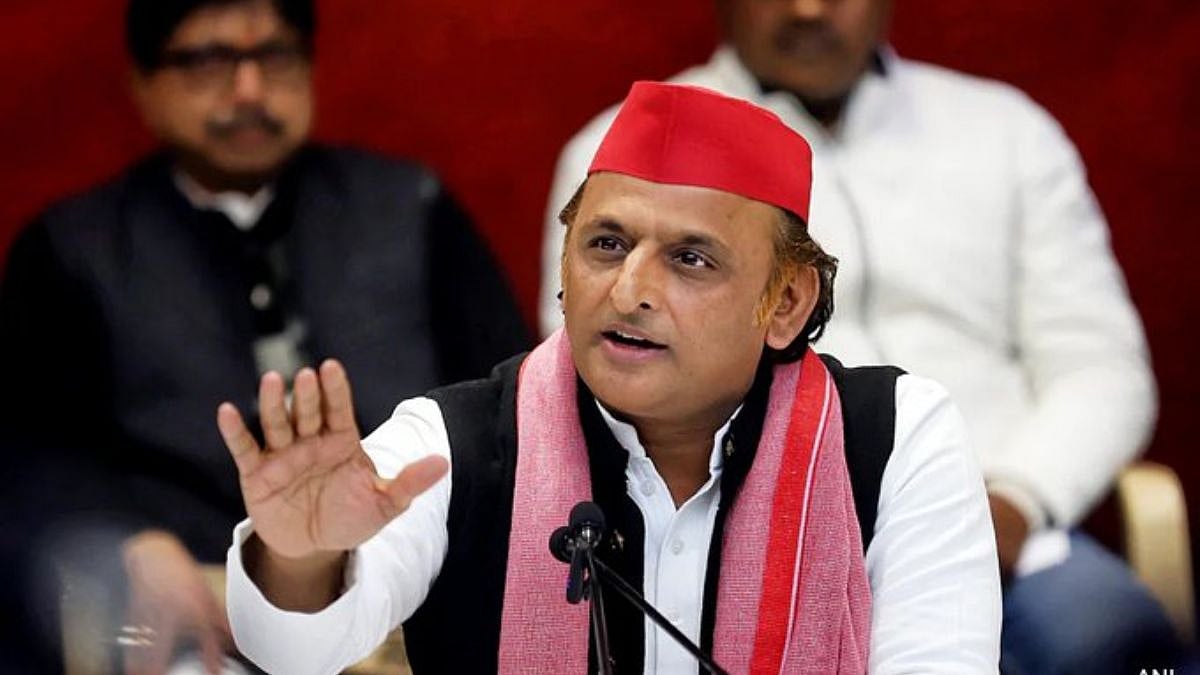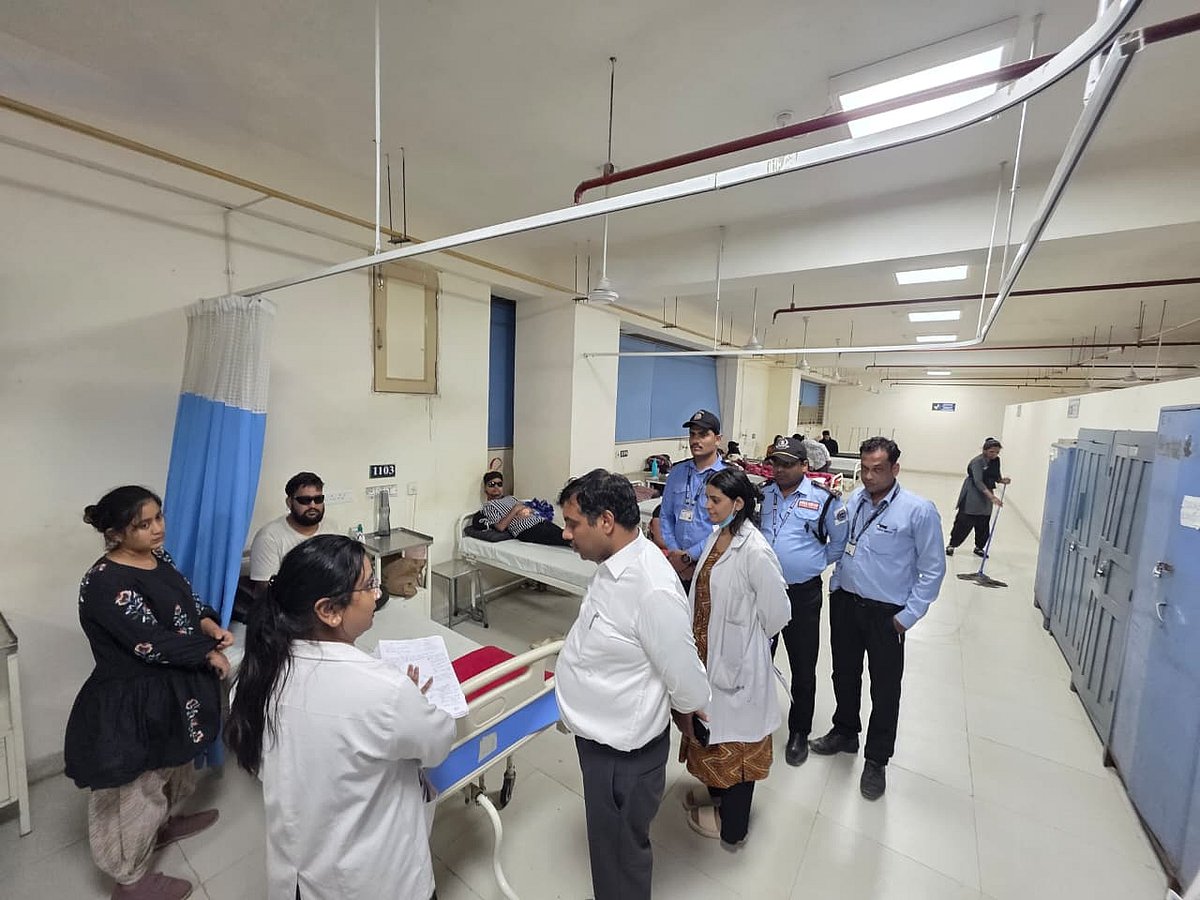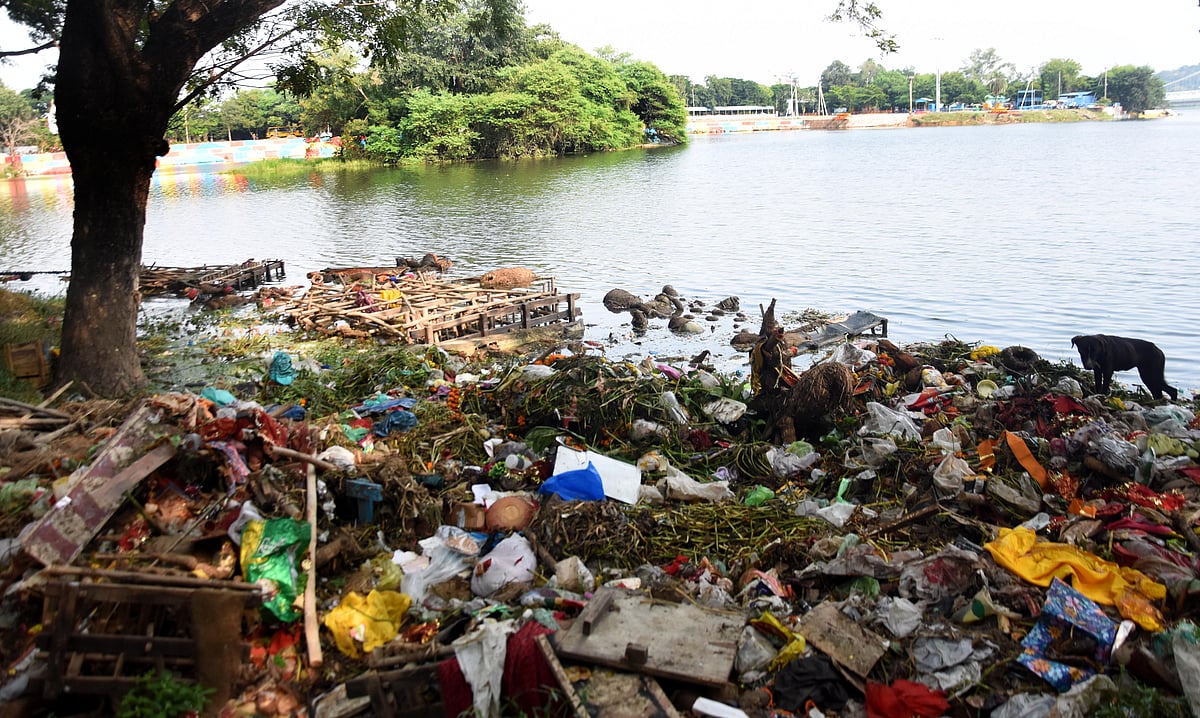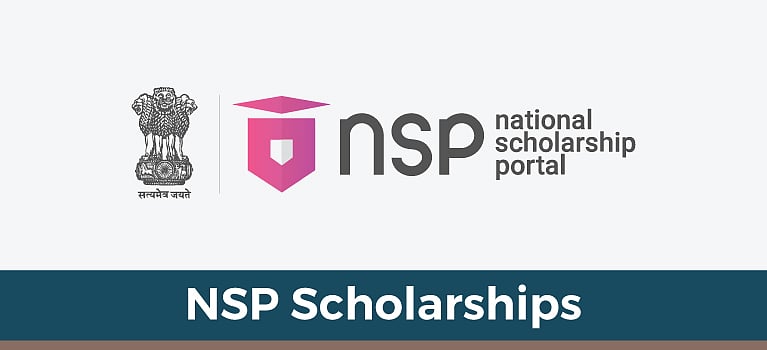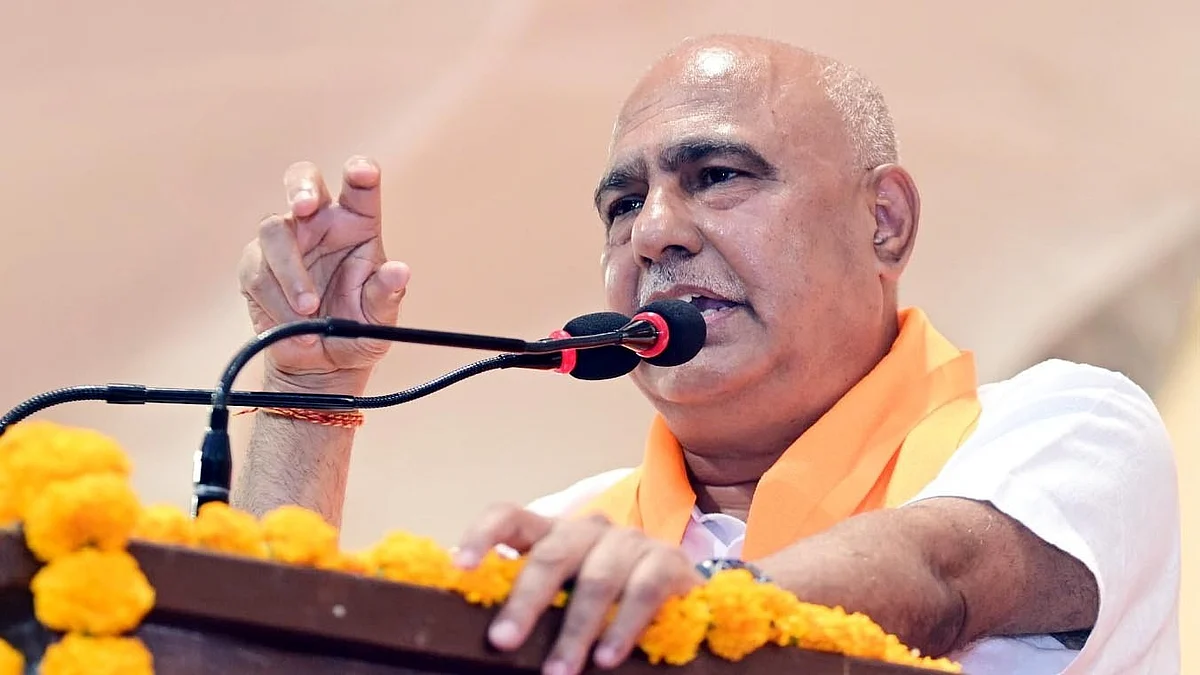Bhopal (Madhya Pradesh): Chief Minister Shivraj Singh Chouhan’s emotional connect with women and girls as bhaiya and mama seems to have contributed majorly to the landslide victory of the BJP in the assembly elections.
Chouhan built his image as a benefactor of women over almost two decades. Besides launching numerous schemes for the welfare of the girl child and women, he also used symbolic gestures like performing Kanya Pujan in public functions to bolster his image as a man who cares for women, and wants them to acquire education and become economically independent, besides protecting them from the ill-effects of the preference for the male child in the society.
Chouhan first came to power in the state in 2005 and within a year, in 2006, he launched Kanya Vivah/Nikah Yojana under which financial assistance was provided for the marriage of women from poor families.
And he followed it up with more than dozen schemes—all targeted at women and girls—year after year, including Gaon Ki Beti in 2006, Ladli Laxmi in 2007, Pratibha Kiran in 2008, Beti Bachao Abhiyan in 2011 and Swagatam Laxmi and Gauravi Abhiyan in 2014. The state government led by Chouhan also launched women-centric Tejaswini and Sabla yojana, and Lado Abhiyan etc.
The latest in the series was the Ladli Behna scheme that was announced in January 2023, just about 10 months before the state was to go for the polls. It was implemented from March.
Under the scheme, Rs 1,000 per month was credited into the accounts of all married, divorced, abandoned and widowed women in the 23-60 years age group, barring those from income tax payee and certain other families. Later, the amount was raised to Rs 1,250 (with a promise that it will go up to Rs 3,000 per month) and the minimum age was reduced to 21.
The scheme evoked tremendous response with around 1.25 crore women registering for it. The government was spending around Rs 1,200 crore per month on the scheme. Now, of the 5.60 crore voters in the state, 2.72 crore are women. Thus 46 % of the women voters, or every second women voter, was a beneficiary of the scheme.
Clearly, by placing cash month after month (by the time of elections, six instalments had been paid) in the hands of crores of voters, Chouhan created a vote bank. And it seems to have benefitted the ruling party. Women beneficiaries clearly seem to have played a pivotal role in the BJP’s victory.
A homemaker Vandana Nayak, 40,, one of the beneficiaries told Free Press “Yes, I am elated that my brother has won. Isse jyada ek bahan ke liye khushi ki baat kya ho sakti hai ki uska bhai jeet gaya….”
Another beneficiary, Jeet Kaur, 38, an OT technician in a private hospital said, “Bahnon ka vishwas tha ki bhaiya aayenge aur bhaiya aaye (It was the belief of sisters that our brother will win and he won). I am glad.”
“Ye bahut khushi ki baat hai. Unki jitni tareef karon kam hai. I am very happy,” a homemaker Anita Rajak said.



